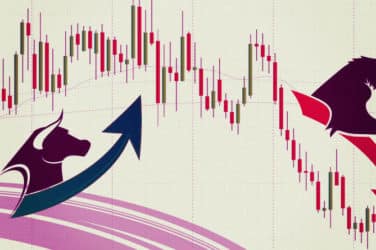
As the endgame for Dodd-Frank implementation nears, regulators and market participants are gauging the impact of swaps regulation on operations and productivity.
“While it may be clear that something like clearing OTCs will mitigate risk, it does take a significant investment to implement change and meet these types of evolving requirements,” said Jeremy Skaling, head of product management at Eagle Investment Systems, a technology provider.
“When faced with these increased demands, already stretched operations with ageing systems can struggle to meet the challenge or look to solutions keeping pace.”
The Commodity Futures Trading Commission (CFTC) will vote on Tuesday on the definition of a “swap”, the final step in critical reform that will trigger banks and traders to comply with costly new derivatives rules.
The final rule will set the scope of trades and trigger the clock for key compliance dates for big swaps players to start registering with regulators and reporting their trades.
“Once the definition of a ‘swap’ comes out, this will require all market participants to figure out which transactions they enter into are ‘swaps’ subject to Dodd-Frank, and which transactions are not ‘swaps’ in the first place,” said Andrea Kramer, partner and head of law firm McDermott Will & Emery’s financial products, trading and derivatives group.
“I am keenly interested in seeing what the CFTC and SEC do with those products that are arguably ‘swaps’ by the Dodd-Frank statutory definition, but should not be treated as ‘swaps’ because they are already regulated by other regulators, such as FERC,” Kramer said.
In April, the CFTC and Securities and Exchange Commission (SEC) published final rules—the “definitional rules”—defining the terms “swap dealer”, “security-based swap dealer”, “major swap participant” and “major security-based swap participant”.
Those rules, along with the cross-border rules, provide the foundation for all the other rules, the SEC noted in its policy statement.
The SEC’s proposed sequencing groups rulemaking into five categories: definitional and cross-border rules; reporting of swaps transactions to swap data repositories; swaps clearing; registration of swap dealers and major swap participants; and regulation of swap execution facilities (SEFs).
“This stress is forcing the industry to search for alternatives to age-old processes and procedures and enhanced solutions for managing the increasing volume of data to meet regulatory demands,” said Skaling at Eagle Investment Systems.
The Dodd-Frank Act will divide regulatory authority over swap agreements between the CFTC and SEC.
The SEC has regulatory authority over “security-based swaps”, which are defined as swaps based on a single security or loan or a narrow-based group or index of securities, or events relating to a single issuer or issuers of securities in a narrow-based security index.
The CFTC, meanwhile, regulates credit default swaps on broad-based security indices, while the SEC regulates them on narrow-based security indices (as well as credit default swaps on single name securities or loans).






